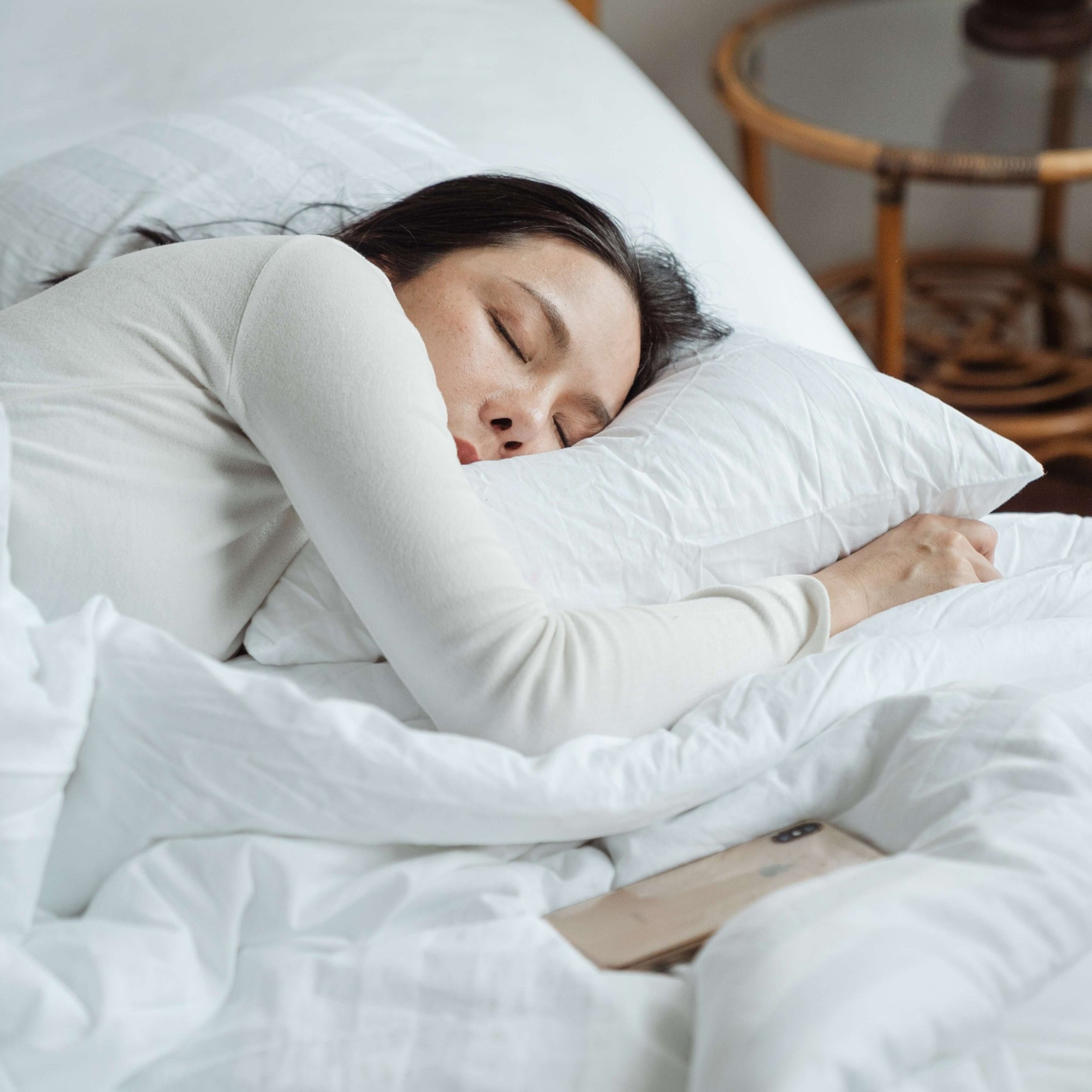Sleep: Bedtime Routine
Sleep is a key element in the recovery process. During sleep, your body enters into cycles of deep sleep in order to repair cells, balance hormone levels, and regulate temperature and heart rate. In order to have the best night’s sleep possible to help your body in repairing itself, here are some tips for your bedtime routine:
Go to sleep and wake up at the same time
Having a regular sleep schedule despite daytime activities can help your body better prepare for sleep. It allows for the more routine and regular release of hormones in the brain that induce sleep and allow you to wake up feeling more rested.Minimize screen time
Screens emit blue light, which can delay the release of melatonin in the brain, this keeps you up later, and prevents you from falling into restful sleep when you lay down. It is recommended that you avoid screens for the hour leading up to bedtime.
Dim room lightning
Our bodies run on a circadian rhythm, which means we naturally wake up/sleep with the rising and setting of the sun. By dimming the lights as night approaches, we mimic the activity of the sun and allow our brain to adapt to nearing the end of the day.
Reserve your bed for sleep
Avoid doing work, eating, and watching TV in bed. Doing these activities can eliminate the mental association of your bed being for sleep, and keep you tossing and turning all night.
Take a warm shower
Warm showers help to lower your body temperature, and mimic the temperature drop of sleep. This can help trigger a response similar to sleeping, with the release of melatonin. Doing this an hour prior to falling asleep can help relax/calm you down before bedtime.
Schedule your sleep
Set aside a solid period of time specifically for sleep. By doing so you allow yourself the necessary time to rest and let your body recover. This also will help to ensure you wake up feeling refreshed and still stay caught up on other tasks throughout the day. Sleeping for 7-9 hours is recommended for adults.
Keeping a consistent sleep routine can help you improve the quality of your sleep. Complementing your sleep routine with proper sleep positioning can help alleviate morning stiffness and provide the rest and recovery your body needs each night. For more personalized sleep tips and recommended products to help you rest better, schedule an appointment with Dr. Urban.

